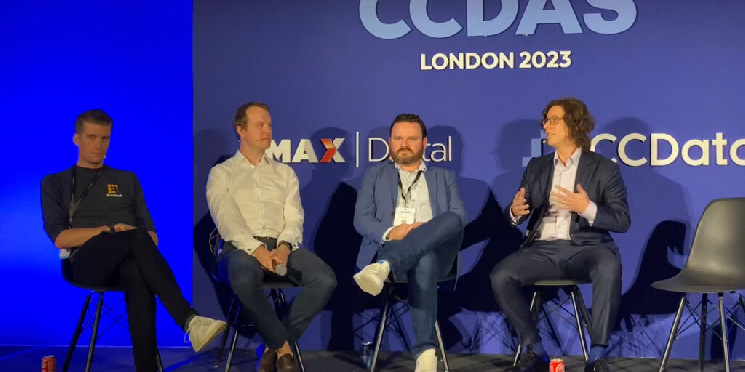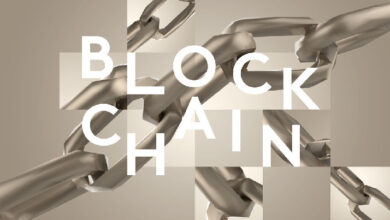ZK-proofs ‘Particularly Relevant in Financial Services’: Google Cloud Web3 Lead

On-chain privacy-preserving technologies such as zero-knowledge proofs have applications in fields such as financial services and healthcare, according to Google Cloud’s Head Of Web3 Engineering.
Speaking at CCDAS 2023, James Tromans called ZK-proofs “particularly relevant in financial services and Web3 more broadly,” adding that, “the idea that you’re going to put option contracts on-chain and have the counterparties and the strike price and the notional so forth, visible to everybody makes no sense.”
Zero-knowledge proofs are a cryptographic technique used to prove that something is known, without exposing the known information.
The technology has become a focus of efforts to boost on-chain privacy; Ethereum co-founder Vitalik Buterin recently co-authored a paper exploring how ZK-proofs could be applied to a privacy-preserving blockchain protocol that balances user anonymity with the need for regulatory compliance.
“If we’re going to live in a world where we put these types of deals on-chain—and not on a centralized exchange which has the responsibility of keeping that information safe and private—then we’re going to need additional privacy-preserving technologies that perhaps aren’t in production at scale being used today to solve these problems,” Tromans said. ZK-proofs, he added, “may be one way to achieve that.”
What are Zero Knowledge Proofs?
Zero-knowledge proofs beyond token prices
At CCDAS, Google Cloud’s Tromans argued that ZK-proofs and other on-chain privacy technologies could have applications in fields such as healthcare.
“I think this is relevant in other industries, where a lot of the investment we’ve seen come into Web3 for the past few years—and obviously, much of that has shifted to AI recently—will bear fruit that isn’t just this speculation on token prices,” he said, pointing to technologies including ZK-proofs and multi-party computation.
Vitalik Buterin Pushes for ‘Privacy Pools’ to Balance Anonymity With Regulatory Compliance
Such technologies, Tromans noted, have wider applicability beyond blockchain. “We’re going to see them in use in other places, and that’s going to add value,” he said. “So for me, Web3 is much more than just blockchain and decentralization of data.”
However, he cautioned that the oft-touted Web3 concept of users owning their own data may be overstated.
“I don’t believe we’re going to suddenly see that businesses won’t hold your data,” he said, adding, “Putting aside zero-knowledge proofs, we’re still going to need to share our data with the businesses that we do business with.” If businesses offer “a great service and [are] adding value, customers will want to give them their data,” he said.
More broadly, Tromans added, Web3 adoption still has a long way to go, likening it to the “hard and still ongoing” transition of large organizations to the public cloud.
“We’re talking about something that’s even less clear to these organizations, about how Web3 and blockchain will work for them,” he said. “They’re not going to make that transition and just down tools on what they were doing before—unless they can realize new revenue streams and get access to new things that they weren’t doing before.”





